
The Psychology of ‘Shared Silence’ in Couples
The right kind of silence can be golden, revitalizing and strengthening a relationship

The Psychology of ‘Shared Silence’ in Couples
The right kind of silence can be golden, revitalizing and strengthening a relationship

Why Do Some People Need Just Four to Six Hours of Sleep?
Short sleepers cruise by on four to six hours a night and don’t seem to suffer ill effects. Turns out they’re genetically built to require less sleep than the rest of us
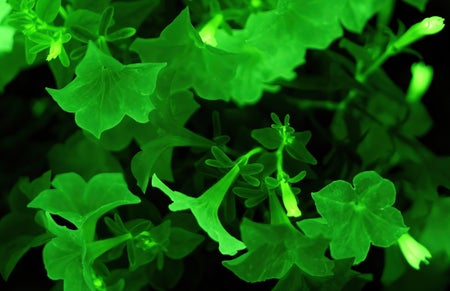
I Bought a Glowing Plant. It Led Me Down a Rabbit Hole
A bioluminescent petunia led me to a world of radiant mushrooms, 19th-century experiments and a modern rivalry between scientists in Russia and the Americas

Meet Saturn’s ‘Death Star’ Moon and the Intriguing Ocean It May Hide
The possibility of liquid water beneath the surface of Saturn’s moon Mimas may offer clues to how such seas form, and another spot to search for life
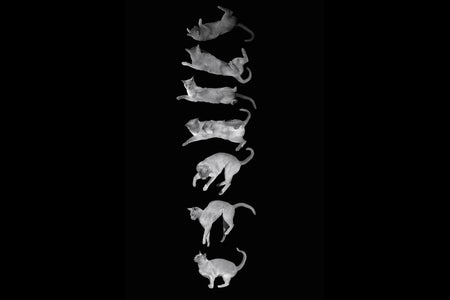
These Animals are Physics Whizzes
How falling cats, slithering snakes, burrowing prairie dogs and more exploit the laws of physics
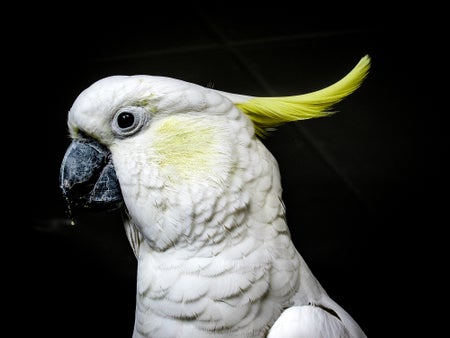
How Magic Tricks Help Us Understand Animal Minds
By performing tricks for birds, monkeys and other creatures, researchers hope to learn how they perceive and think about their world
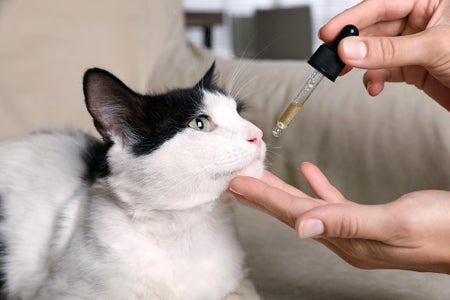
Is CBD Safe for Cats and Dogs?
Although studies are still mixed and products are often inconsistent, many scientists have hope that cannabidiol can help furry patients with arthritis, allergies and anxiety

New Geothermal Technology Could Expand Clean Power Generation
Long confined to regions with volcanic activity, geothermal promises to become a much more versatile energy source thanks to new technologies
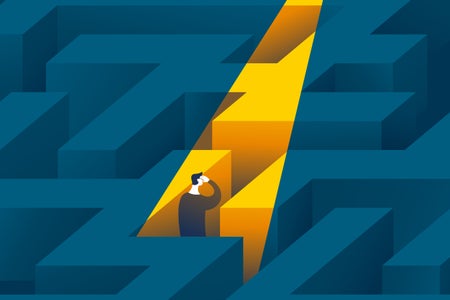
Why Some People Always Get Lost—And Others Never Do
Experience may matter more than innate ability when it comes to a sense of direction
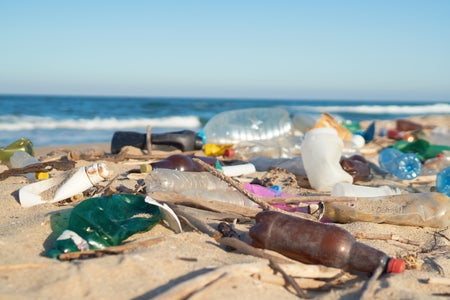
Earth Is Drowning in Plastic. Can an International Treaty Help?
A marine scientist discusses the problem of plastic pollution and her hopes for an international treaty to tackle it
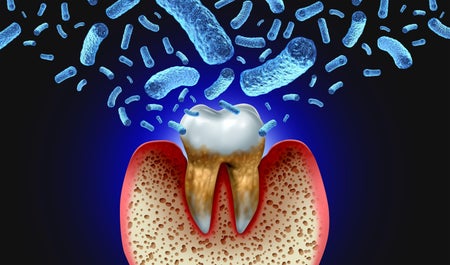
Why Isn't Dental Health Considered Primary Medical Care?
Ailments of the mouth can put the body at risk for a slew of other ills. Some practitioners think dentistry should no longer be siloed
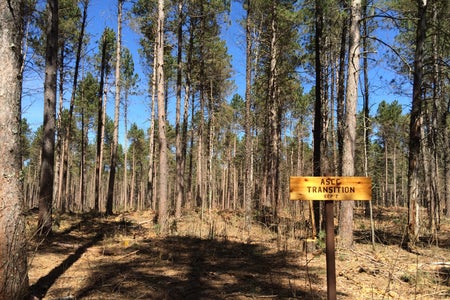
Moving Trees North Could Save Forests from a Changing Climate
"Assisted migration" could help sustain productive forests in the face of warming habitats
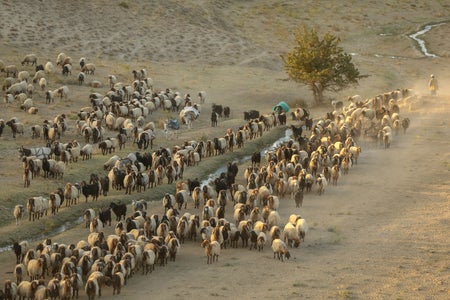
New Linguistics Technique Could Reveal Who Spoke the First Indo-European Languages
Linguists and archaeologists have argued for decades about where and when the first Indo-European languages were spoken and what kind of lives those first speakers led

Here’s the Happiness Research that Stands Up to Scrutiny
From meditation to smiling, researchers take a second look at studies claiming to reveal what makes us happy
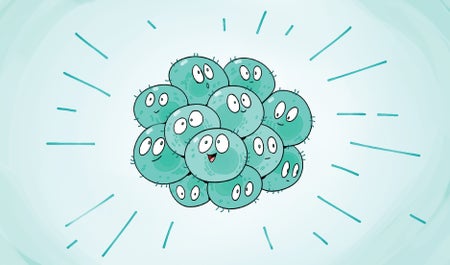
A Comic Guide to the Evolution of Ancient Cells into Complex Brains
“The anus was a prerequisite for intelligence” said one biologist
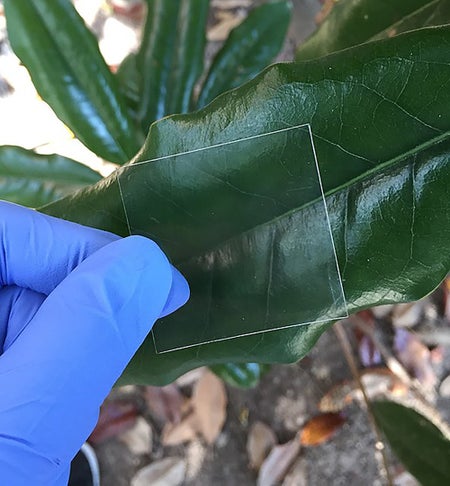
See-Through Wood Is Stronger Than Plastic and Tougher Than Glass
Transparent wood material is being exploited for smartphone screens, insulated windows, and more
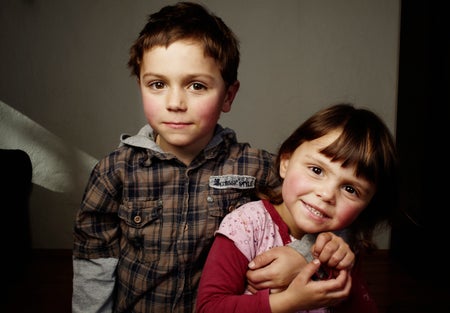
The Genetics of Why You Look Like Your Great Aunt Mildred
Untangling the genetics that underlie facial features
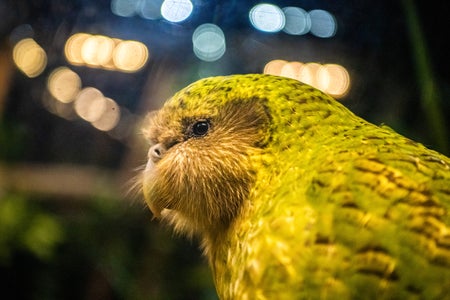
Kākāpō Parrots Are Flightless, Adorable and Making a Comeback
DNA sequencing, GPS tracking and tailored diets are slowly restoring New Zealand's endangered kākāpō

Psychopathic Tendencies Help Some People Succeed in Business
Traits in psychopaths may be present to some extent in all of us. New research is reframing this often maligned set of attributes and finding some positive twists
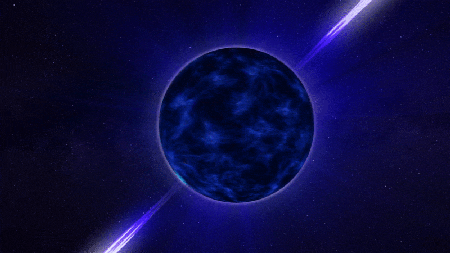
Ultracold Gases Can Probe Neutron Star Guts
Earth-based analogs are opening new frontiers in studies of the superdense interiors of neutron stars
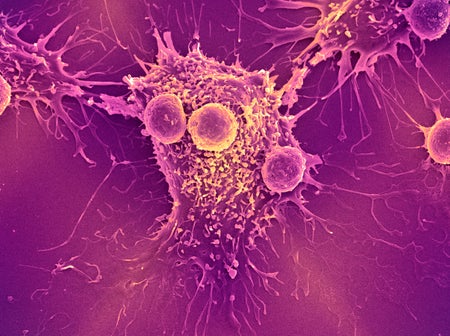
After COVID-19, Can mRNA Vaccines Help with Cancer as Well?
The COVID pandemic put mRNA technology, long in development, to the test. Here’s a look at how it might fight cancer and when it might reach patients
Color Is in the Eye, and Brain, of the Beholder
The way we see and describe hues varies widely for many reasons: from our individual eye structure, to how our brain processes images, to what language we speak, or even if we live near a body of water
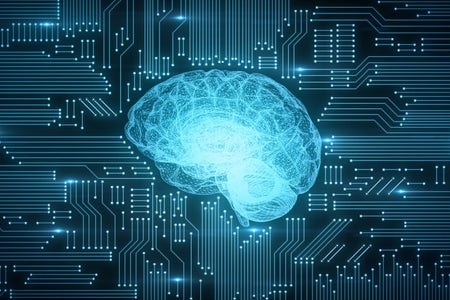
Making Computer Chips Act More like Brain Cells
Flexible organic circuits that mimic biological neurons could increase processing speed and might someday hook right into your head
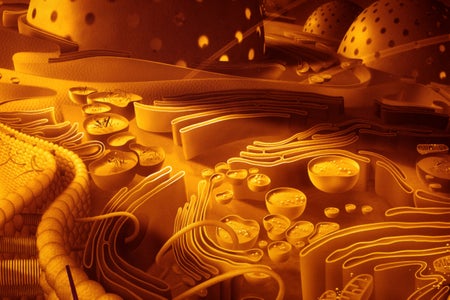
Heated Debate Persists over the Origins of Complex Cells
Were mitochondria a driving evolutionary force or just a late addition?